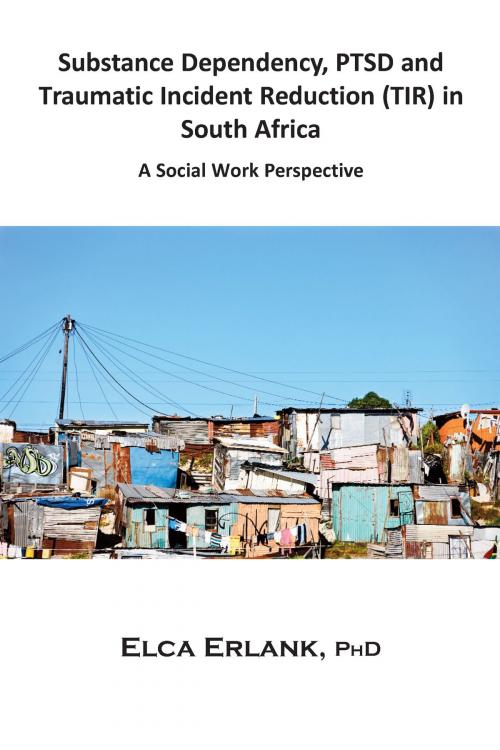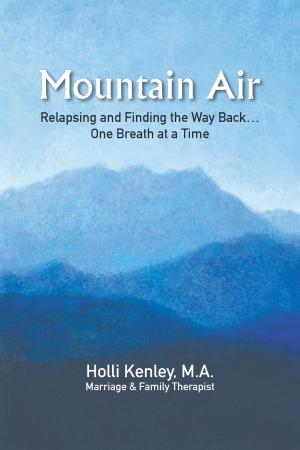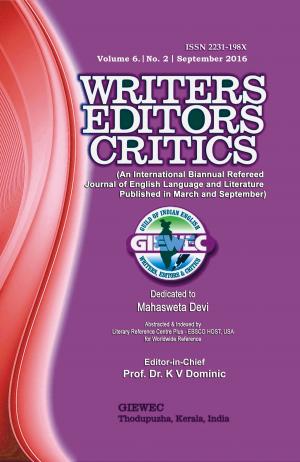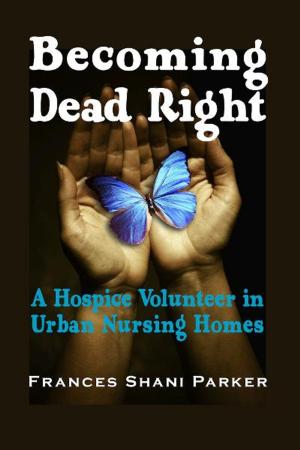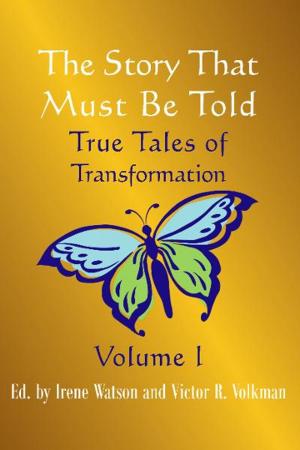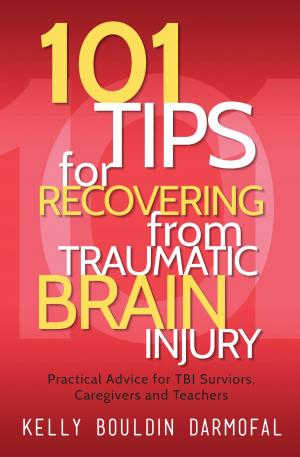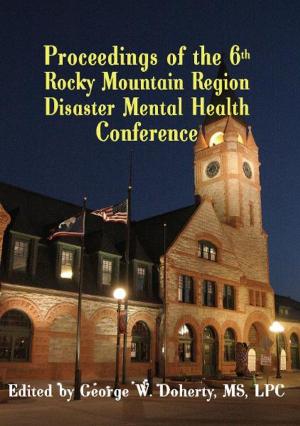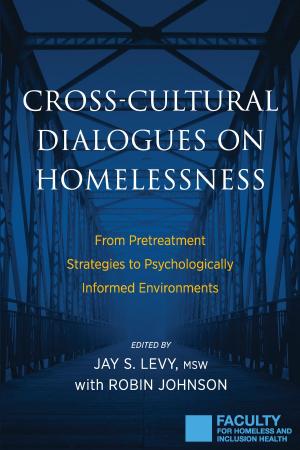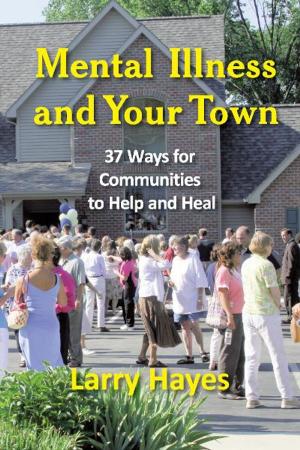Substance Dependency, PTSD and Traumatic Incident Reduction (TIR) in South Africa
A Social Work Perspective
Nonfiction, History, Africa, South Africa, Health & Well Being, Psychology, Addictions, Mental Illness| Author: | Elca Erlank | ISBN: | 9781615998692 |
| Publisher: | Loving Healing Press | Publication: | April 1, 2013 |
| Imprint: | Language: | English |
| Author: | Elca Erlank |
| ISBN: | 9781615998692 |
| Publisher: | Loving Healing Press |
| Publication: | April 1, 2013 |
| Imprint: | |
| Language: | English |
This article briefly reflects the extent to which substance dependency and traumatic events, which may lead to a diagnosis of a post-traumatic stress disorder, are becoming a feature of life all over South Africa. Many social workers are familiar with current evidence-based approaches and are skilled at adapting them to local cultural and contextual conditions. Exploring and continuing learning various evidence-based approaches to render more effective services are an important aim of social work practice. Metapsychology and Traumatic Incident Reduction (TIR), an Applied Metapsychology technique, are introduced to challenge social workers to render more integrated and effective services.
The prevalence and comorbidity of substance dependency and PTSD
Looking at statistics about substance dependency, as well as the high tendency of being a victim of trauma in South Africa, is it evident that social workers are confronted and challenged on a daily basis to improve their knowledge and skills in this regard. In South Africa, drug consumption is twice the world norm (CDA-2011) and 15% of South Africa's population has a drug problem (CDA-2011).Over 30% of the South African population have an alcohol problem or are at risk of having one and alcohol affects 17.5 million of South Africans. Studies show that people who start drinking before the age of 15 are four times more likely to become alcoholics than people starting to drink later in their life. The recently-released United Nations World Drug Report had named South Africa as one of the drug capitals of the world. When it comes to the abuse of alcohol and usage of dagga, this country is rated to be one of the top ten narcotics and alcohol abusers in the world (Addiction Drug Alcohol Statistics, S. A. 2012
About the Author
Elca Erlank, Ph.D. became a TIR trainer in 2012. She has trained with both Gerald French and Yvonne Retief. Elca is a social worker, in South Africa with 22 years experience in various related fields of social work services. She had specialized in the field of substance dependence and received her doctorate degree in 2003.
From the Metapsychology Monographs Series at www.TIRBook.com
This article briefly reflects the extent to which substance dependency and traumatic events, which may lead to a diagnosis of a post-traumatic stress disorder, are becoming a feature of life all over South Africa. Many social workers are familiar with current evidence-based approaches and are skilled at adapting them to local cultural and contextual conditions. Exploring and continuing learning various evidence-based approaches to render more effective services are an important aim of social work practice. Metapsychology and Traumatic Incident Reduction (TIR), an Applied Metapsychology technique, are introduced to challenge social workers to render more integrated and effective services.
The prevalence and comorbidity of substance dependency and PTSD
Looking at statistics about substance dependency, as well as the high tendency of being a victim of trauma in South Africa, is it evident that social workers are confronted and challenged on a daily basis to improve their knowledge and skills in this regard. In South Africa, drug consumption is twice the world norm (CDA-2011) and 15% of South Africa's population has a drug problem (CDA-2011).Over 30% of the South African population have an alcohol problem or are at risk of having one and alcohol affects 17.5 million of South Africans. Studies show that people who start drinking before the age of 15 are four times more likely to become alcoholics than people starting to drink later in their life. The recently-released United Nations World Drug Report had named South Africa as one of the drug capitals of the world. When it comes to the abuse of alcohol and usage of dagga, this country is rated to be one of the top ten narcotics and alcohol abusers in the world (Addiction Drug Alcohol Statistics, S. A. 2012
About the Author
Elca Erlank, Ph.D. became a TIR trainer in 2012. She has trained with both Gerald French and Yvonne Retief. Elca is a social worker, in South Africa with 22 years experience in various related fields of social work services. She had specialized in the field of substance dependence and received her doctorate degree in 2003.
From the Metapsychology Monographs Series at www.TIRBook.com
